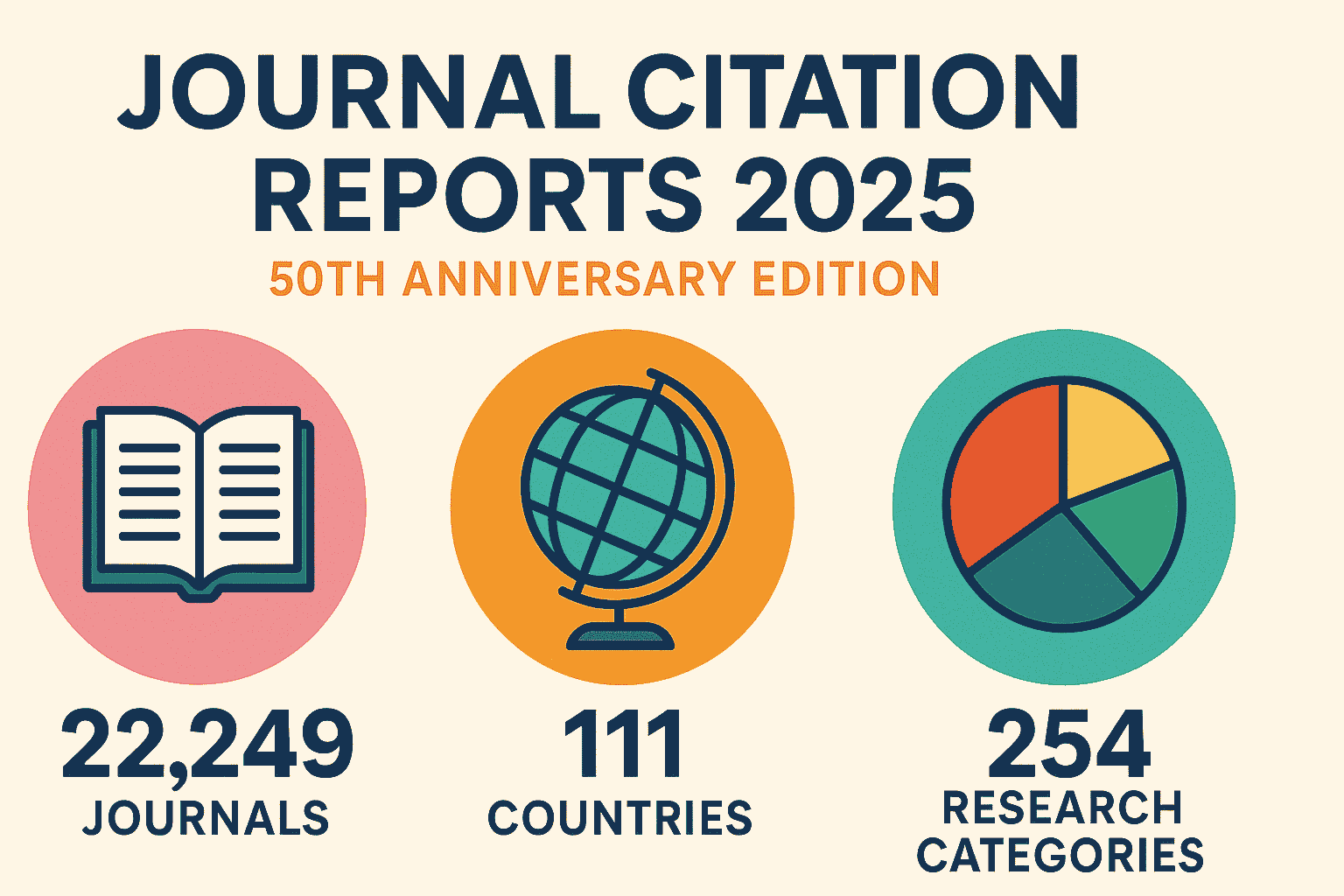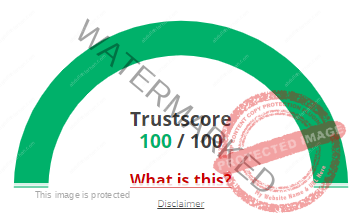Suppression of Class Switch Recombination to IgA by RASA2 and RASA3 through Inhibition of TGF-β Signaling
Abs play a pivotal role in adaptive immunity by binding to pathogens and initiating immune responses against infections. Processes such as somatic hypermutation and class switch recombination (CSR) enhance Ab affinity and effector functions. We previously carried out a CRISPR/Cas9 screen in the CH12F3-2 (CH12) lymphoma B cell line to identify novel factors involved in CSR. The screen showed that guide RNAs targeting both Rasa2 and Rasa3 genes were decreased in IgA-negative CH12 B cells, implying that these genes might suppress CSR. Indeed, CSR was increased when either Rasa2 or Rasa3 were knocked out in CH12 cells. Compared to controls, Rasa2−/− and Rasa3−/− CH12 cells had increased expression of activation-induced cytidine deaminase (AID) and Iα transcripts, providing an explanation for the increased CSR. The increased CSR, AID, and Iα expression in Rasa2−/− or Rasa3−/− CH12F3-2 is mediated through TGF-β stimulation. Indeed, we found that deletion of RASA2 or RASA3 promotes a shift from noncanonical to canonical TGF-β signaling through SMAD3. These results show that RASA2 and RASA3 are both novel regulators of TGF-β signaling in B cells, a pathway known to be essential for CSR to IgA.
Summary
Rasa2 and Rasa3, identified in a CRISPR/Cas9 screen, suppress class switch recombination (CSR) in CH12 B cells. Knocking out either gene increases CSR, along with the expression of AID and Iα transcripts. This enhanced CSR is mediated by TGF-β stimulation. Specifically, deleting RASA2 or RASA3 shifts TGF-β signaling from a noncanonical to a canonical pathway involving SMAD3. These findings establish RASA2 and RASA3 as novel regulators of TGF-β signaling in B cells, a critical pathway for CSR to IgA. This discovery offers new insights into how B cell immunity is regulated.
Read more…
This post is part of “Science/Immunology News”, Follow for more…!!!







